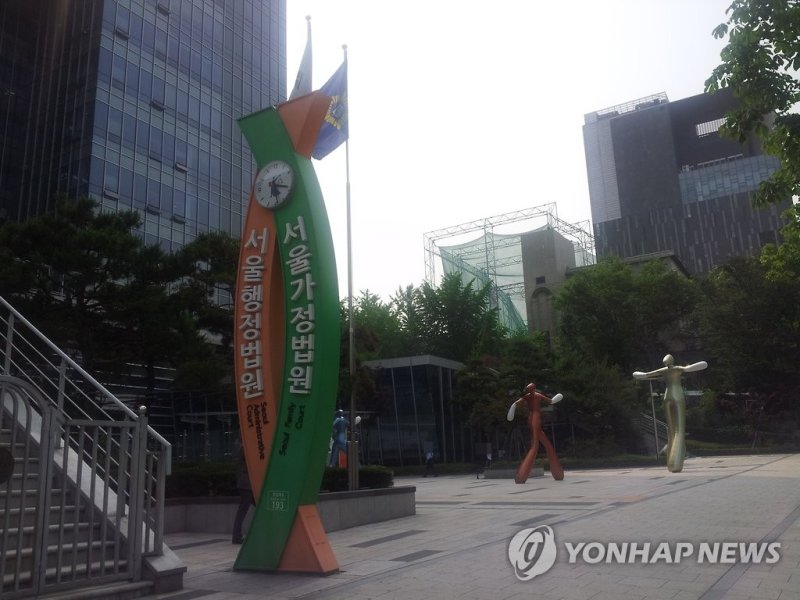Court Puts a Brake on IT Industry Practice of Firing Employees After Project Completion: 'Unfair Dismissal for Full-Time Workers'
- Input
- 2025-11-24 11:32:08
- Updated
- 2025-11-24 11:32:08

[Financial News] The court has ruled that terminating an employment contract upon project completion, as is customary in the IT industry, constitutes unfair dismissal.
If a full-time employment contract was signed and there was no mutual agreement to resign, an employer's unilateral termination of the relationship is considered a 'dismissal.'
According to the legal community on the 24th, the 12th Administrative Division of the Seoul Administrative Court, presided over by Chief Judge Kang Jae-won, recently ruled in favor of Mr. A in a lawsuit against the National Labor Relations Commission to overturn a decision regarding unfair dismissal.
Mr. A joined Company B, an IT firm, in November 2023 and was assigned to a software development project. In February 2024, the CEO of Company B informed Mr. A that he would consider assigning him to another project or transferring business rights, and discussed several possible placements.
On the 14th of the same month, the CEO stated, "A new project assignment will be decided between the end of March and early April, so you will be placed on suspension until then," and placed Mr. A on unpaid leave until March 18. A month later, Mr. A was unilaterally notified, "It has been decided that you will simply resign while on suspension."
Mr. A sought relief for unfair dismissal, but both the Seoul Regional Labor Relations Commission and the National Labor Relations Commission dismissed the case, stating that 'no dismissal occurred.' Mr. A then filed an administrative lawsuit, arguing, "I had a full-time contract and never agreed to resign. I was waiting for a new project assignment, but the company unilaterally notified me of my dismissal."
In contrast, Company B argued in court that "Mr. A expressed his intention to resign voluntarily in February after causing various problems, including poor performance, and it was agreed that if no new project could be found, he would resign for humanitarian reasons." The company also claimed, "It is an implicit condition in the IT industry that employment ends when a project concludes."
The court sided with Mr. A, stating, "Company B's notification to Mr. A constitutes a unilateral termination of employment, which is a dismissal."
The court found no evidence that Mr. A had expressed an intention to resign voluntarily. According to the transcript at the time, the CEO listened to Mr. A's concerns and continued the conversation on the premise of assigning him to another project, repeatedly stating, "I think Mr. A performed very well." This confirmed that Company B did not perceive any issues with Mr. A's performance or that he had agreed to resign.
Regarding whether there was an agreement on the suspension, the court determined, "Mr. A only accepted the suspension due to Company B's firm stance that there were no projects available for him at the time," and concluded that this could not be seen as an agreement to resign. The fact that Mr. A repeatedly requested reconsideration of the suspension was also taken into account.
The court also rejected the claim that it is an 'IT industry practice' to resign upon project completion. The court concluded, "Mr. A and Company B entered into a full-time employment contract with no fixed term, and no such implicit condition was included." The company's notification was deemed a dismissal, as it unilaterally ended the employment relationship regardless of the employee's wishes.
scottchoi15@fnnews.com Choi Eun-sol Reporter